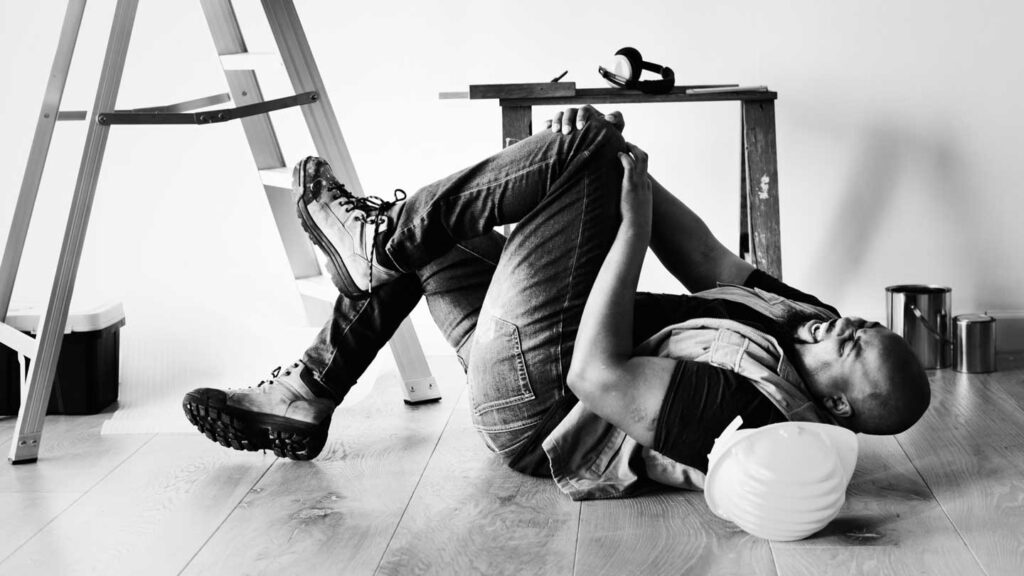Every year, thousands suffer severe injuries and hundreds of millions of dollars in medical expenditures due to slip and fall incidents. It might be difficult to establish fault when such incidents occur on public property like parks, government buildings, or sidewalks.
In this article, we’ll go into the topic of premises liability and talk about who’s to blame when someone trips and falls on public land. If you’ve been hurt in an accident, it might assist in knowing what your legal options are so that you can pursue compensation. Continue reading before you look for attorneys for nursing home neglect.
What is Premises Liability?
Legally, property owners are obligated to ensure the safety of their guests under the doctrine of “premises liability.” People have the right to feel secure on whatever site they visit. There is a responsibility on the part of property owners to ensure that their properties are reasonably safe and free of risks.
As part of this responsibility, you must conduct routine safety checks of the premises and promptly rectify any discovered issues. Warning tourists of potential dangers that may not be visible is another part of this job.
Suppose the owner of a piece of the property fails in this responsibility, and someone is hurt because of a dangerous feature on the land. In that case, the owner may be held financially responsible.
Who’s Responsible for Public Property?
The state or federal government legally owns all publicly accessible land and structures. Although the public is welcome to utilize public spaces, it may be difficult to ascertain who is at fault in an accident such as a slip and fall.
The government is responsible for maintaining and protecting all public spaces. This duty stems from the idea that the government is a trustee of public funds and must safeguard its citizens.
However, the level of government responsibility may change based on the location and details of the incident. The government may be accountable for specific slip-and-fall incidents since they are responsible for maintaining public property.
Factors Involved in Public Property Slip and Fall Accidents
Several circumstances complicate liability for incidents involving a slip and fall on public land. The answer to the question of who is responsible for damage resulting from such events often hinges on these considerations.
The visitor’s status during the incident is an important consideration. There are three types of guests: invitees, licensees, and trespassers. Any person, such as a store client, who accesses the property for a reason linked to the owner’s company is considered an invitee.
With the owner’s consent, the licensee (in this case, a social visitor) visits the property for their reasons. Conversely, trespassers are those who illegally access property.
Exceptions to Government Liability
The government must maintain the public property, but some exceptions restrict its blame for accidents on that land, such as slips and falls. However, this rule may be broken if the government does not know the risk.
The government may not be held accountable if it has no previous knowledge of the problem and no reasonable chance of resolving it. To qualify for this exception, however, the claimant must generally show that the government was either unaware of the danger or did not have the resources to eliminate it.
How to Proceed After a Slip and Fall on Public Property
You may do several things to safeguard your legal interests after a fall on public land. Get checked out by a doctor immediately so your injuries can be documented and treated. Please notify the property owner or governmental entity in charge of where the accident occurred and contact attorneys for nursing home neglect.
If you can, take pictures of the dangerous place as evidence. If you’ve been hurt in an accident, you should talk to a lawyer about your rights and choices for filing a personal injury claim and getting compensation.
Conclusion
Analysis of the specific facts is essential when dealing with the legal notion of premises responsibility. Determining who is at fault when an event like a slip and fall occurs on public grounds is difficult but not impossible.
You may better safeguard your rights and pursue financial compensation for your injuries if you understand the legal framework and the relevant circumstances. Property owners should be held legally and financially responsible for ensuring a risk-free environment for all visitors.


